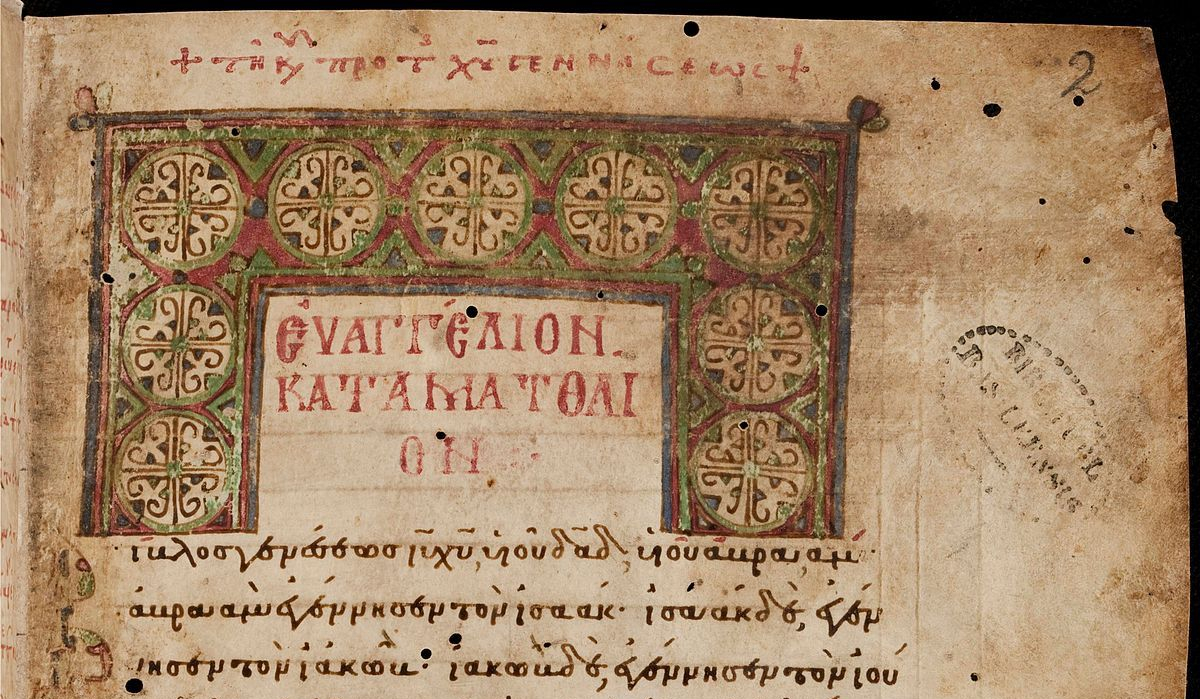The study of the New Testament relies heavily on the use of ancient manuscripts that contain the original Greek text. These manuscripts are crucial for understanding the development of the New Testament and the history of the early Christian Church. In this article, we will explore the significance of Greek manuscripts in Biblical scholarship and their importance for understanding the New Testament.
Firstly,
Greek manuscripts provide a glimpse into the earliest versions of the New Testament. They are the primary sources for reconstructing the text of the New Testament and are essential for understanding how the text evolved over time. By analyzing the differences between manuscripts, scholars can reconstruct the history of the text and trace its development from the earliest versions to the final form we have today.
Secondly,
Greek manuscripts offer valuable insights into the beliefs and practices of the early Christian community. They provide evidence of how the New Testament was used and interpreted by the early Church, and shed light on the controversies and debates that surrounded the text. They also provide evidence of the diversity of the early Church and the various beliefs and practices that existed within it.
Thirdly,
Greek manuscripts play a vital role in resolving textual variants and discrepancies in the New Testament. By comparing the differences between manuscripts, scholars can determine which readings are original and which are the result of errors or intentional changes. This process, known as textual criticism, is essential for establishing the most accurate and reliable version of the text.
Finally,
Greek manuscripts are significant for the preservation of the New Testament. They provide a tangible link to the past and allow us to connect with the early Christian community. Without them, we would have no record of the original Greek text, and our understanding of the New Testament would be limited to translations and interpretations.
Greek manuscripts are of great significance for Biblical scholarship. They provide insights into the earliest versions of the New Testament, shed light on the beliefs and practices of the early Christian community, help resolve textual variants, and preserve the text for future generations. The study of these manuscripts is essential for understanding the New Testament and its place in the history of Christianity.




